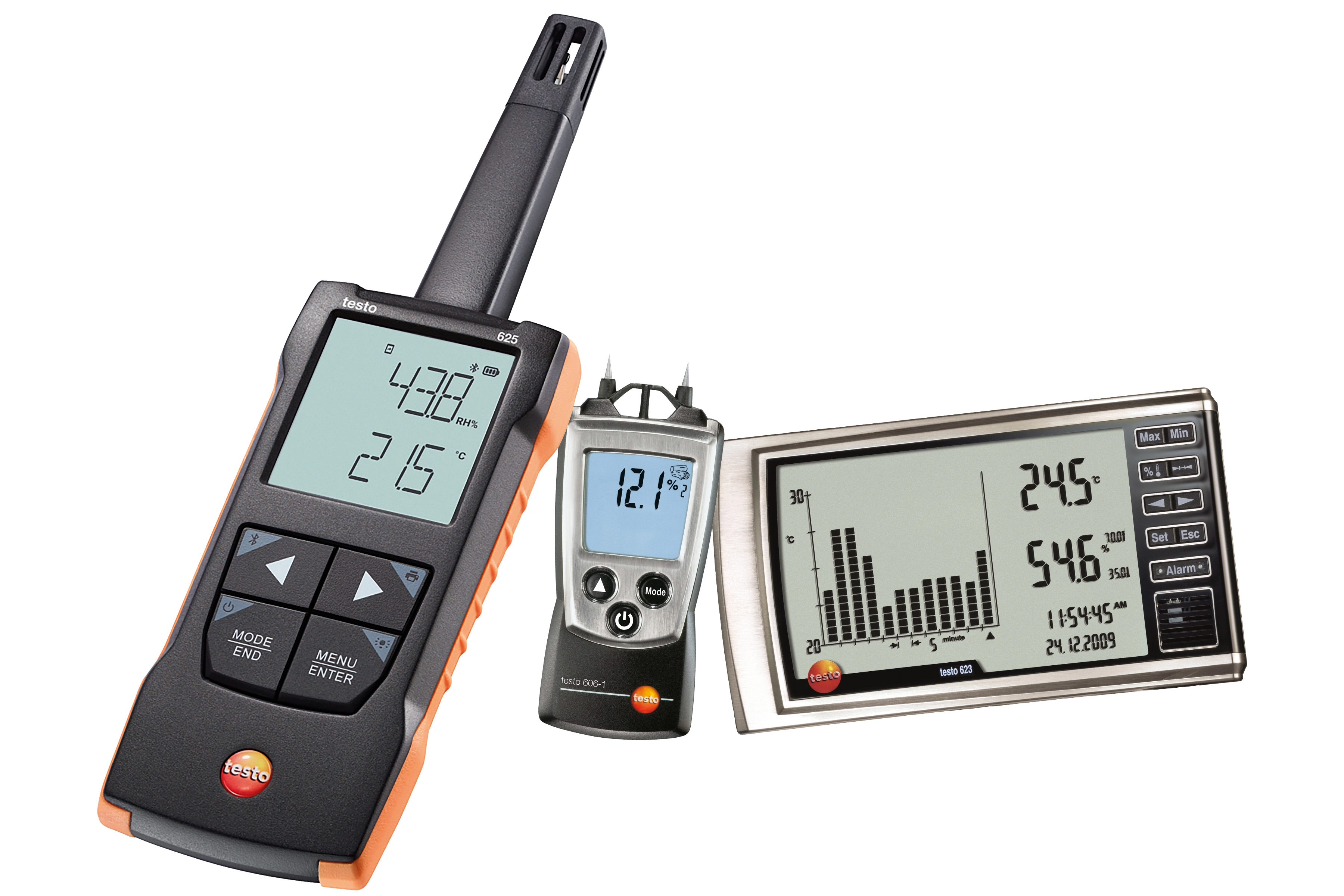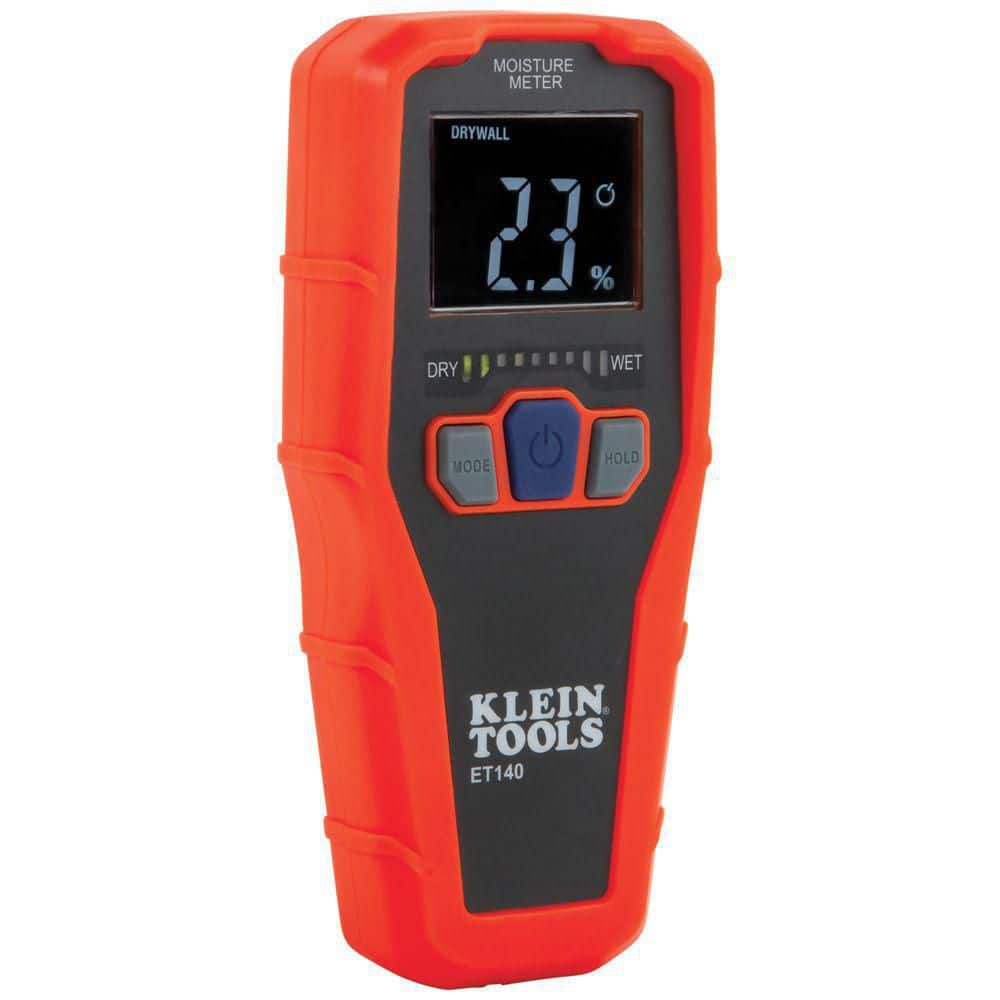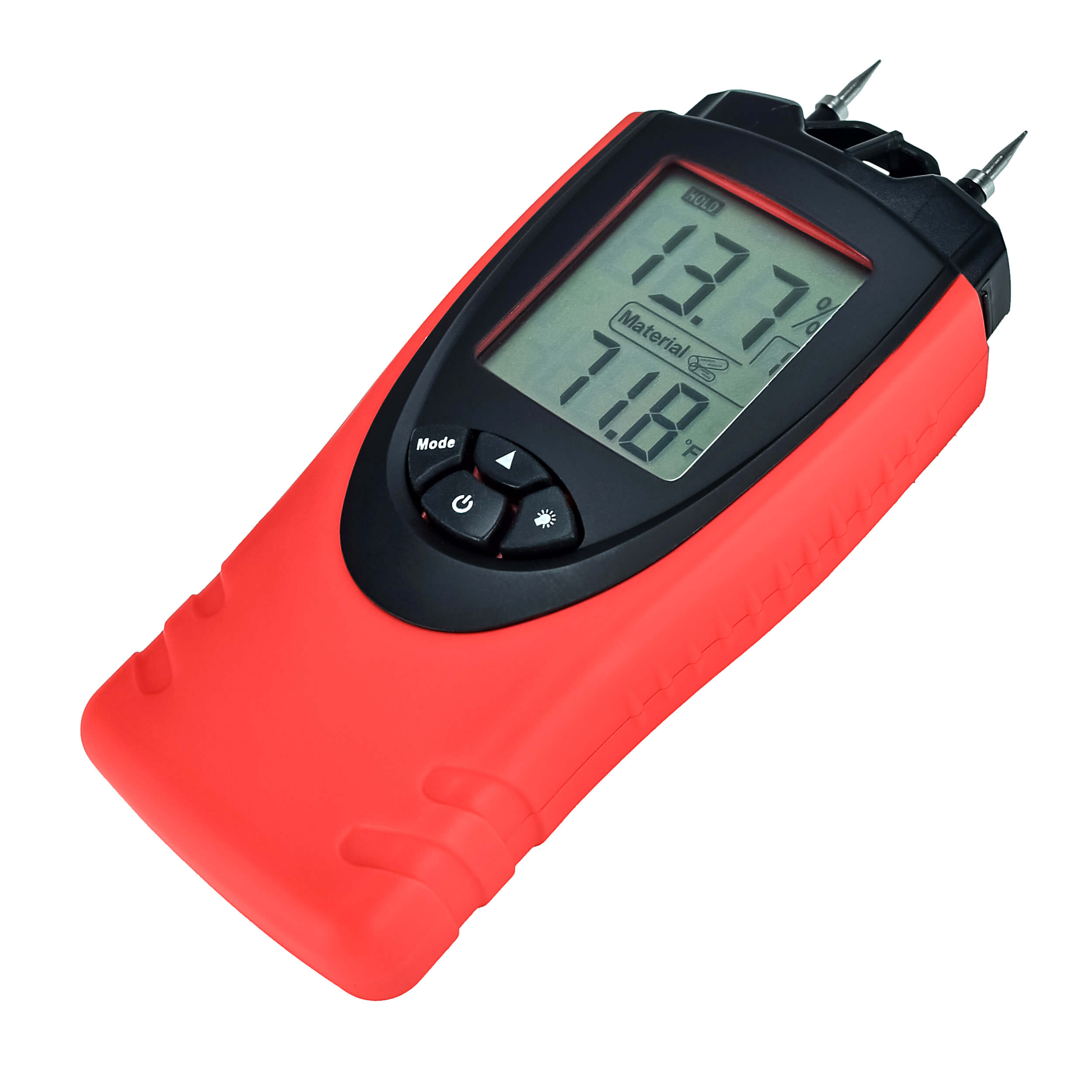The Science Behind Moisture Meters: Just How They Work and Why They're Important
The Science Behind Moisture Meters: Just How They Work and Why They're Important
Blog Article
The Ultimate Guide to Moisture Meters: A Comprehensive Review and Just How They Can Conserve You Money
In the realm of building upkeep, building and construction, and different markets, the significance of accurately measuring dampness levels can not be overstated. Dampness meters function as vital devices in discovering and keeping track of moisture content in products, helping in avoiding costly problems and guaranteeing the quality of items. Understanding the subtleties of various types of dampness meters, their applications, and the prospective cost-saving benefits they supply can be a game-changer for services and experts alike. Finding just how these gadgets can not only simplify procedures but additionally add to financial cost savings is a journey worth beginning on.
Types of Moisture Meters
Numerous kinds of wetness meters are available for various applications in numerous markets. One usual type is the pin-type wetness meter, which measures the electrical resistance in between two pins placed into a material. This kind is ideal for timber, drywall, and other building products. Pinless moisture meters, on the other hand, use electro-magnetic sensor plates to scan a larger location without creating damages to the product's surface area. These meters are suitable for promptly assessing wetness degrees in large locations such as walls and floorings.
Infrared wetness meters determine the thermal residential properties of a product to identify its moisture content non-invasively, making them useful for applications where pin or pinless meters might not be appropriate. Understanding the different kinds of wetness meters available can help sectors select the most suitable device for their particular moisture dimension requirements.

Benefits of Utilizing Moisture Meters

Moreover, making use of moisture meters can result in boosted power performance. By identifying areas with high wetness levels, such as leakages or inadequate insulation, changes can be made to improve energy conservation and decrease utility expenses. In farming setups, dampness meters play a crucial function in enhancing plant yields by enabling farmers to keep track of soil wetness degrees and make educated watering decisions. Overall, the benefits of making use of wetness meters extend throughout different industries, offering economical options and promoting much better quality assurance methods.
Exactly How to Choose the Right Moisture Meter
Selecting the ideal dampness meter includes taking into consideration vital aspects such as material compatibility, dimension variety, and calibration accuracy. When selecting a moisture meter, it's necessary to guarantee that the meter appropriates for the particular product you will be testing. Various materials have differing electrical homes that can affect dampness readings, so picking a meter created for your material is vital for accurate outcomes. In addition, consider the dimension variety of the dampness meter. Guarantee that the meter can detect wetness degrees within the variety needed for your applications. Calibration accuracy is one more crucial variable to bear in mind (Moisture Meter). Choose for a moisture meter with trustworthy calibration to guarantee exact and consistent readings. Some meters may call for routine calibration modifications, so recognizing the calibration process is essential. By meticulously assessing these aspects, you can choose a wetness meter that satisfies your demands and provides precise wetness dimensions for your projects.
Proper Methods for Moisture Meter Use
To make certain accurate moisture analyses and make the most of the efficiency of a dampness meter, using correct techniques is vital. When using a pin-type wetness meter, put the pins or probes right into the product being tested until they make full contact. Guarantee the pins are perpendicular to the surface to get the most accurate reading. For pinless wetness meters, hold the tool level versus the product and move it gradually to cover the entire location for a typical reading. It's important to adjust the wetness meter according to the product being checked to boost accuracy. Take numerous analyses across the surface and average them out for a much more trusted result. Additionally, guarantee that the material being evaluated is accustomed to the atmosphere to avoid skewed readings. Normal upkeep of the wetness meter, such as cleaning up the pins or sensor, is additionally essential to make sure constant and accurate readings. By following these correct strategies, individuals can rely upon their dampness meter to supply credible moisture degrees, helping in preventing pricey damages or guaranteeing top quality in different applications.

Cost Savings Via Moisture Meter Applications
Exactly how can the see here strategic use of wetness meters lead to considerable price savings throughout various markets? Dampness meters play a vital role in expense financial savings by avoiding possible damage and making sure top quality control in different markets. In the farming industry, dampness meters help in identifying the optimum time for harvesting crops, protecting against over-drying or excess wetness that can influence the end product's top quality. This precise tracking aids farmers stay clear of unnecessary losses and optimize their return.

Additionally, in the food handling market, wetness meters are important for monitoring product high quality and ensuring conformity with safety and security policies. By properly gauging dampness material in foodstuff, manufacturers can protect against perishing, keep freshness, and reduce waste, causing significant price savings. Overall, the critical application of wetness meters is an important financial investment that can cause substantial price reductions and boosted effectiveness throughout different sectors.
Final Thought
In verdict, moisture meters are important devices for determining and finding dampness degrees in numerous products. By making use of the appropriate moisture meter and following proper techniques, users can effectively stop expensive problems created by excess dampness.
Dampness meters serve as indispensable devices in finding and keeping track of moisture material in materials, helping in stopping costly problems and making certain the high quality of products. Infrared wetness meters gauge the right here thermal residential properties of a product to establish its dampness content non-invasively, making them helpful for applications where pin or pinless meters may not be appropriate.Dampness meters provide very useful benefits in precisely evaluating and monitoring dampness degrees in varied products and atmospheres. In agricultural settings, moisture meters play a crucial role in optimizing plant yields by making it possible for farmers to check dirt dampness degrees and make educated watering decisions.In verdict, dampness meters are useful devices for finding and gauging dampness degrees in different materials.
Report this page